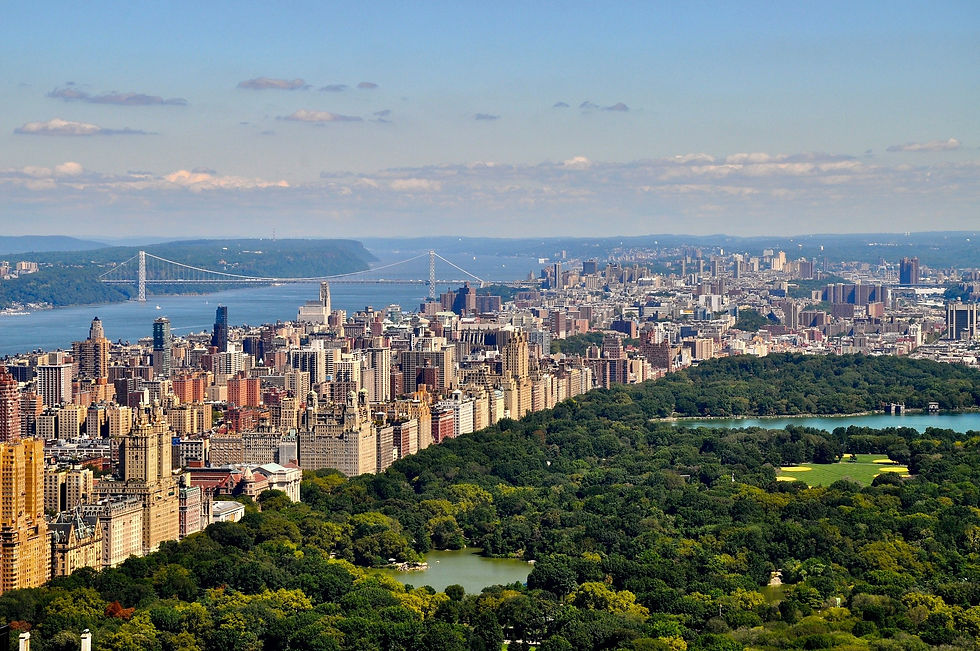
The world began to falter in early 2020 when a new strain of coronavirus – now referred to as COVID-19 – surged from the heart of China and spread internationally. Having now caused over 2 million deaths around the planet, much of our world has come to a halt. Lockdowns, isolations, distancing and other unfamiliar conditions have been imposed in many major countries – negatively affecting our economic, industrial, educational, and professional activities on an unprecedented scale.
Although a major health hazard and source of anxiety for everyone, the virus has, in fact, had some beneficial side effects on the environment. With much of the human race pressured from a social to a solitary lifestyle, various unforeseen positive consequences have emerged, though at the expense of much suffering. This is because of greatly reduced economic activity. The lifestyle we humans have developed for ourselves is designed to maximise convenience, comfort, efficiency, and pleasure. Unfortunately, bearing the brunt of it all is our very own mother nature. The vehicles we drive, the energy we consume, the water we waste, resources we extract, the plastic we throw away – all of these actions generate pollution, contribute to global warming, waste natural resources, and more. Now, though, these environmental impacts have been greatly reduced due to the pandemic: sacrificing our social lives, vacations, weekends, our meetups with friends, dinners in nice restaurants – the list goes on. It is no wonder both the mental and physical health of the population has been adversely affected, but our lack of activities is somewhat good news for the environment.

One of the most notable outcomes of regulations that restrict travel (i.e. lockdowns, curfews, etc.) is the reduction in carbon emissions. Cars, buses, motorbikes, and other vehicles all emit high levels of greenhouse gases and particulate matter. This contributes to much air pollution. In a city like Bangkok, where traffic is inevitable and plentiful, the air quality is fairly unhealthy, to say the least. Bangkok air pollution has been so bad that in the past, schools have had to close due to high concentrations of PM 2.5 in the air, posing health risks to the population. In an effort to reduce this, the government ordered school closures to reduce the number of vehicles on the road – but this was only on a small scale. Closing schools for one or two days is nothing compared to the lockdowns the country has faced because of COVID-19. With many working from home, students resorting to online learning, restaurants, cinemas, and other recreational venues closed (during the first lockdown), it is safe to say far fewer Thais were out driving on the roads of Bangkok. As a result, less exhaust fumes were polluting our air, a healthy benefit to us all.

Travel restrictions were yet another factor that, although being a source of disappointment, drastically reduced carbon emissions (hence slowing the rate of pollution and global warming). Every year, millions of eager vacationers hop onto planes around the world, visiting destinations hours and hours away from their homes. With this ceasing to be a possibility, many planes have been moth-balled. Around the world, these impacts are evident. Skies are turning bluer, the air is getting fresher – even dolphins returned to Italy!

On the flip side, however, parts of the environment have suffered due to the various consequences of a global pandemic. For one, disposable masks are an extreme waste issue, ending up in oceans, landfills, and streets where they weren't before. According to The Guardian, there are more masks than jellyfish in the ocean, and pandemic-specific waste (like hand sanitiser bottles, surgical gloves, and more) have appeared in seas as far as the Mediterranean. Millions of masks are presenting hazards not only through non-biodegradability, but also imposing threats upon animals like turtles and birds. In addition to the masks, high amounts of electricity are also being consumed as people stay home more, requiring more lights, air conditioning, and other forms of household energy consumption. Thus though the reduction in human activity has reduced pollution and carbon emissions, we are still producing waste and consuming a lot of energy. Even while staying home, we make demands of nature and generate waste.Our expectations of comfort and convenience in this modern age mean that we impact the planet all the same, despite our activities slowing.

For the contemplative souls stuck in the confines of their own homes, let this serve as a realisation about how influential we are on this planet. As a whole, we saw how in the relatively short pandemic period, just by the change in our usual way of life, the planet began to restore itself…
This raises the question: can humanity achieve a better balance between economic activity and care for the planet? And if so, how?
If so… when?

Comentários